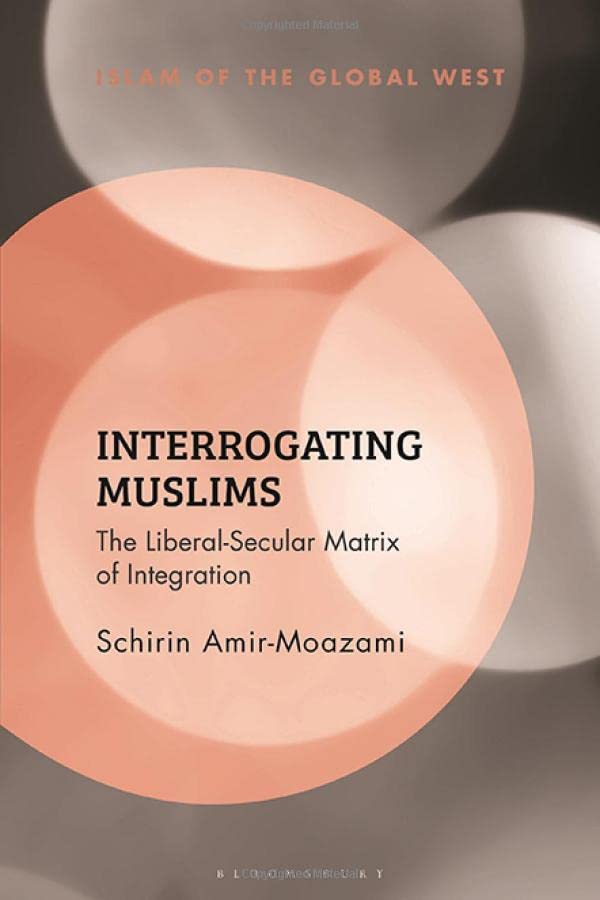

Most ebook files are in PDF format, so you can easily read them using various software such as Foxit Reader or directly on the Google Chrome browser.
Some ebook files are released by publishers in other formats such as .awz, .mobi, .epub, .fb2, etc. You may need to install specific software to read these formats on mobile/PC, such as Calibre.
Please read the tutorial at this link: https://ebookbell.com/faq
We offer FREE conversion to the popular formats you request; however, this may take some time. Therefore, right after payment, please email us, and we will try to provide the service as quickly as possible.
For some exceptional file formats or broken links (if any), please refrain from opening any disputes. Instead, email us first, and we will try to assist within a maximum of 6 hours.
EbookBell Team

4.3
38 reviewsThis book interrogates the patterns and discursive structures that have generated the seeming urgency of Muslims' integration. Focusing on Germany, it problematizes the grounds on which politics of integration are justified and reasoned upon, and thereby investigates divergent operations of power vis-à-vis Muslims and Islam in a formally liberal-secular society.
The integration paradigm in Germany has been predicated on an imperial knowledge regime, in which Islam figures as the external friend or enemy of an imagined Christian secular. This book analyzes three kinds of integration practices as symptomatic sites for the multifaceted dimensions of power in this paradigm: the scientific measurement of Muslims' degrees of integration which are correlated with their degrees of religiosity; the politics of recognition promoted by state-organized dialogue with Muslims; and the threat of sanction, found in the regulations of citizenship and explicitly in citizenship tests.
Centrally, the book argues that the paradigm of integration navigates between universalist claims and particularistic-racial and religious-re-enactments of a secular nation-state framework at moments in which this very framework is crumbling.